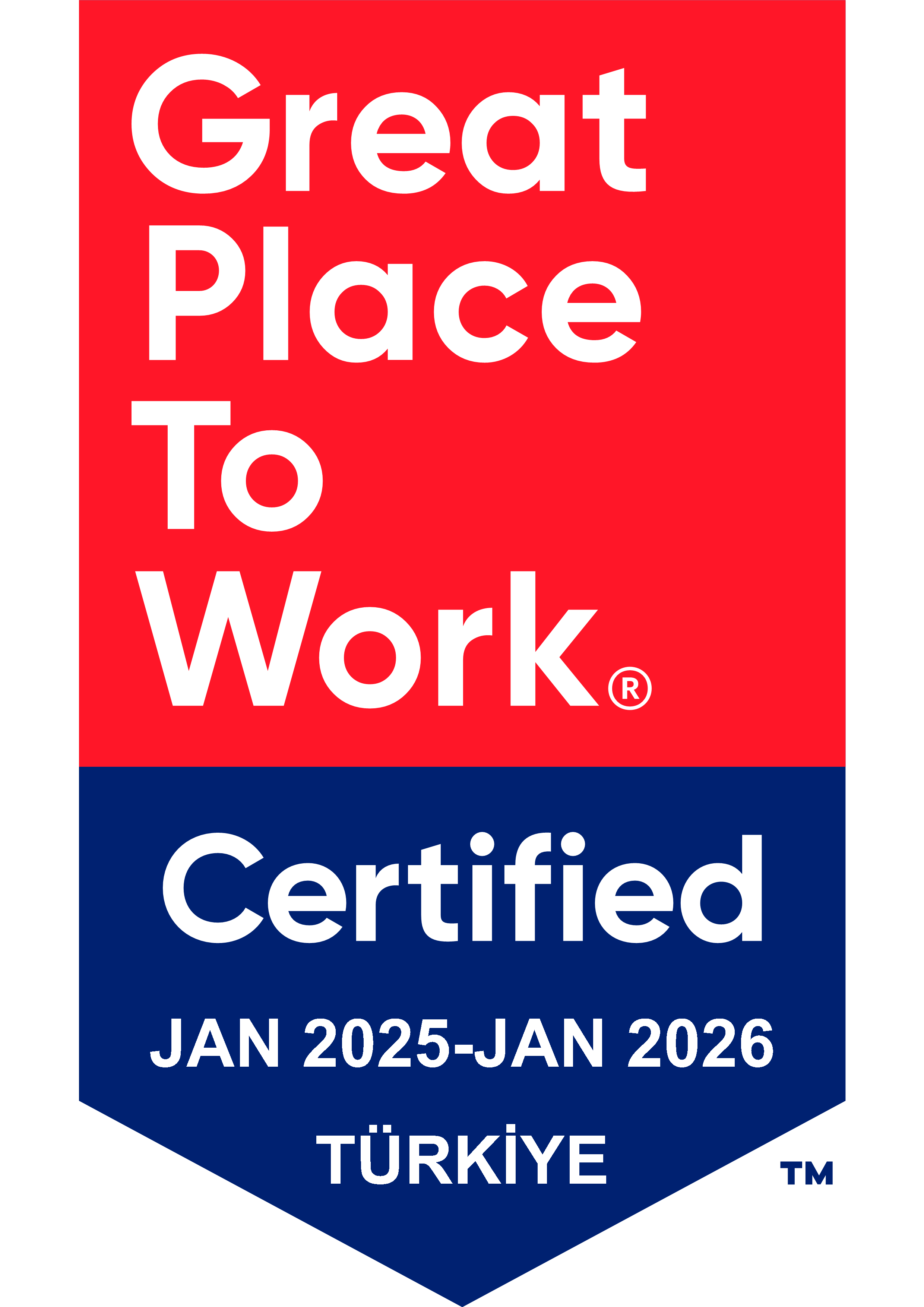Commercial and white-collar crimes, which constitute a significant portion of economic crimes, are non-violent offenses primarily involving financial assets. These crimes are typically committed by employees from the upper and middle classes against their companies or, in an organized manner, by company employees targeting public authorities, competitors, or society for financial gain. The crimes committed by white-collar employees — often using information and documents they legally access in the course of their professions — are not regulated under a single law. Universal provides comprehensive support and guidance regarding white-collar crimes, which are addressed across various legal frameworks. Some of these commercial and white-collar crimes are listed below.
Insider trading,
Unfair competition,
Unlawful processing and sharing of personal data,
Abuse of trust,
Embezzlement,
Bribery (giving/receiving),
Fraudulent bankruptcy, negligent bankruptcy,
Forgery of documents, disclosure of trade secrets,
Disclosure of banking or customer secrets,
Money laundering (concealment of assets derived from crime),
Trading in influence,
Bid rigging,
Tax evasion.


 Turkish
Turkish